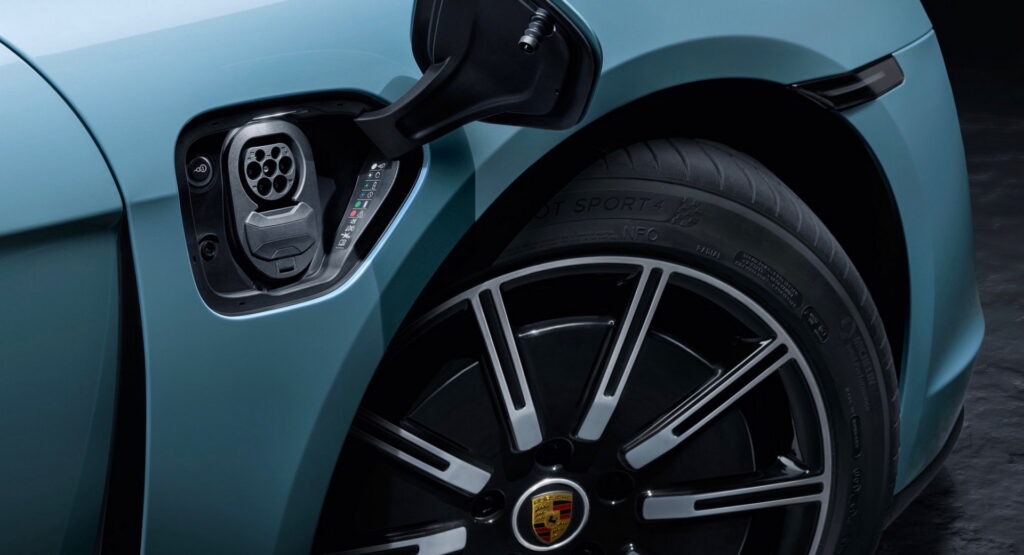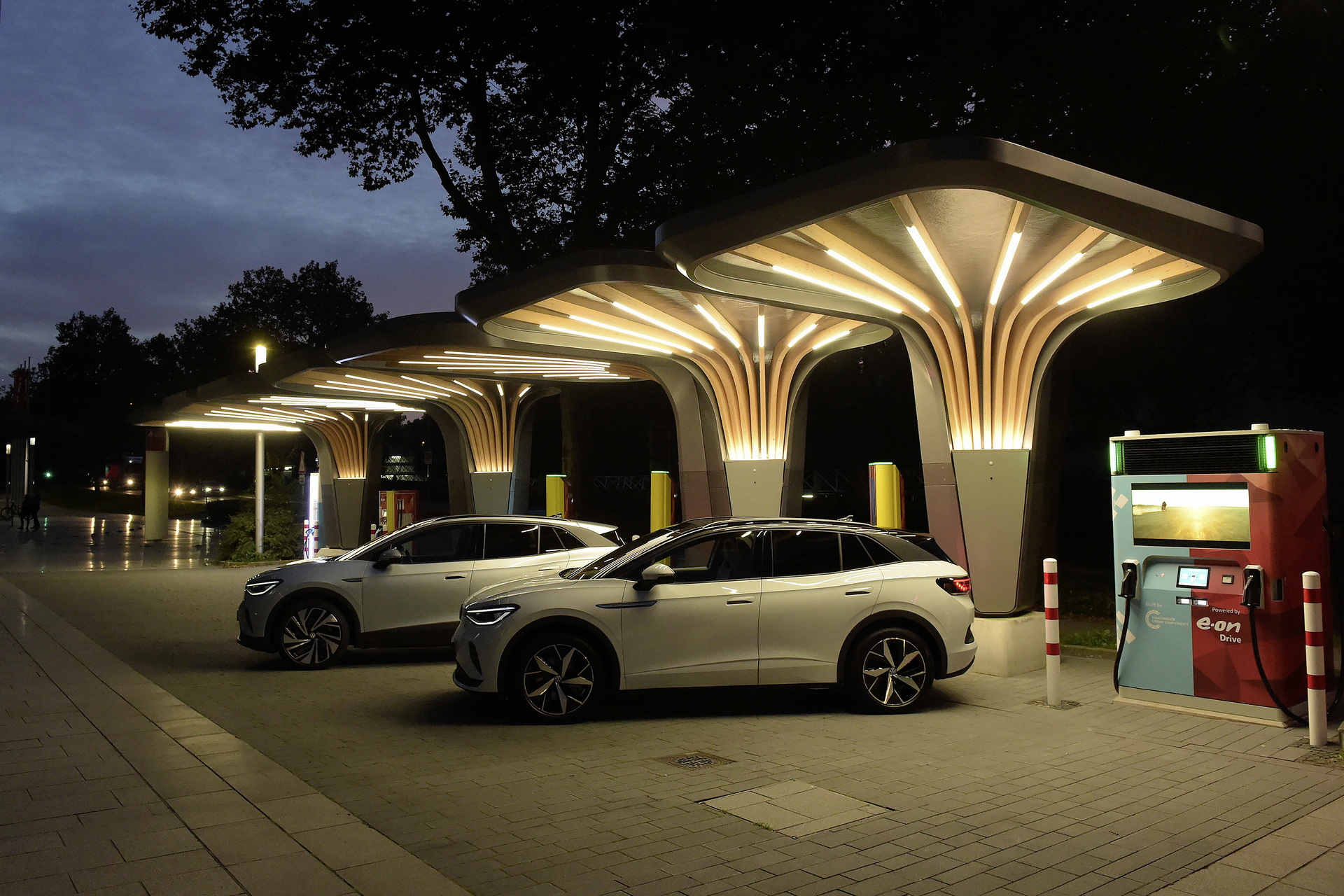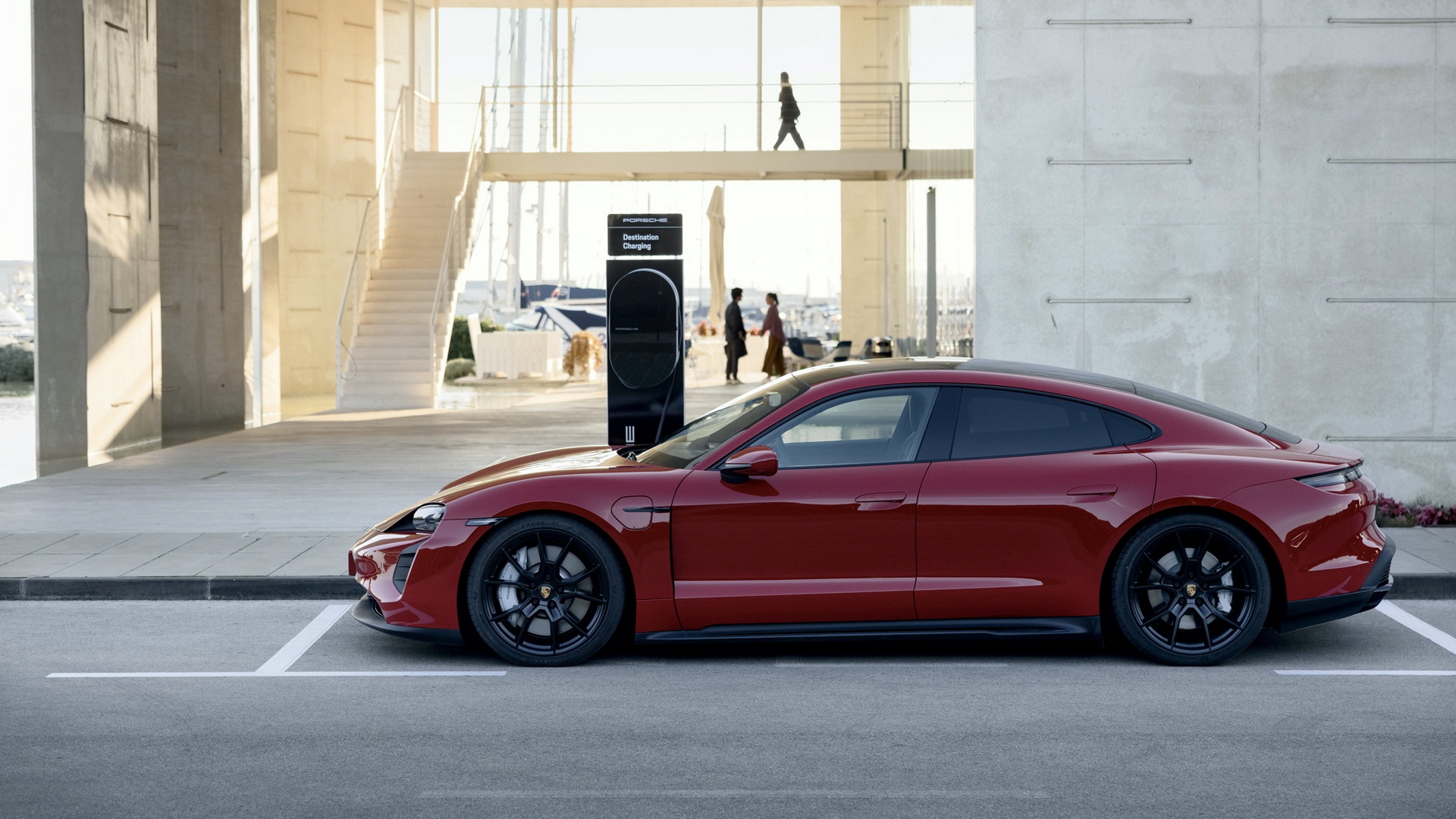Germany approved a plan today to spend €6.3 billion ($6.17 billion USD at current exchange rates) over the coming three years to rapidly expand the number of electric vehicle charging stations on its roads.
The plan is part of Germany’s push to have zero net emissions and hopes to eventually increase the number of charging stations around the country by 14 times. That would see the volume of chargers grow from 70,000 now to 1 million by 2030, reports Reuters.
The government intends to use these funds to focus on installing chargers in small communities and underserved municipalities. The ultimate goal is to make EV ownership more attractive.
Read: EU Automakers Call for Urgent Action As Vehicle Sales Slump in 2022
“Our goal: to accelerate the expansion of charging infrastructure, simplify the charging process and thus make it easier for people to switch,” said Federal Transport Minister Volker Wissing in a statement.
In addition to the funds, the government also said it would work to speed up the approvals process for building charging stations. The European nation, which is home to automakers like BMW, Volkswagen, and Mercedes-Benz that are working to transition to electric vehicle production, aims to increase the number of EVs on its roads from the 1.5 million that are currently in use to more than 15 million.
The plan has drawn mixed reactions from industry associations, which have previously complained that the government has not kept up with the expansion of EVs. The German Association of the Automotive Industry (VDA), for example, said that this marked an important step towards an electric future. The BDEW energy and water business association, on the other hand, called it expensive window dressing that would lead to more planning and state control.
The federal government, though, hopes that this move will make EV adoption more attractive to consumers. Wissing, meanwhile, said that the country is expecting exponential growth in the EV market.
“We know that electromobility is ramping up rapidly, so we have to be quick,” said Wissing. “There has to be a positive experience associated with [EV ownership].”










